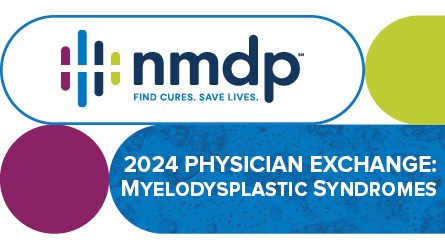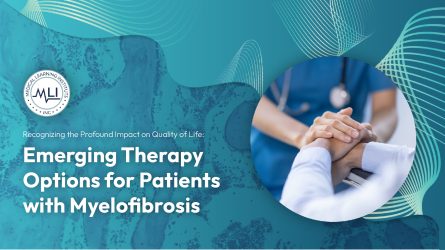- On-Demand
Time Well Spent: Treating Obesity and Diabetes
- Credit: 1.0hr(s)
- AAPA, CME, NCPD
- November 10, 2023 —
- November 9, 2024
- Therapeutic Areas: Family Medicine / Primary Care
- Specialties: Diabetes, Obesity, Primary Care
- Location: Internet Activity Enduring
Community Collective: Time Well Spent – Navigating the Challenges of Treating Obesity and Diabetes is an educational curriculum designed for rural primary care clinicians to enhance outcomes for individuals with obesity through improved diagnosis and use of therapy options to treat type 2 diabetes (T2D).







